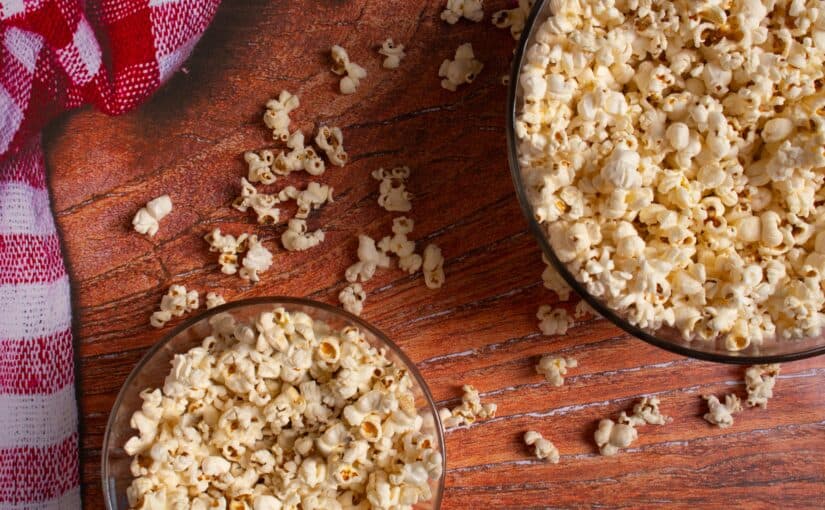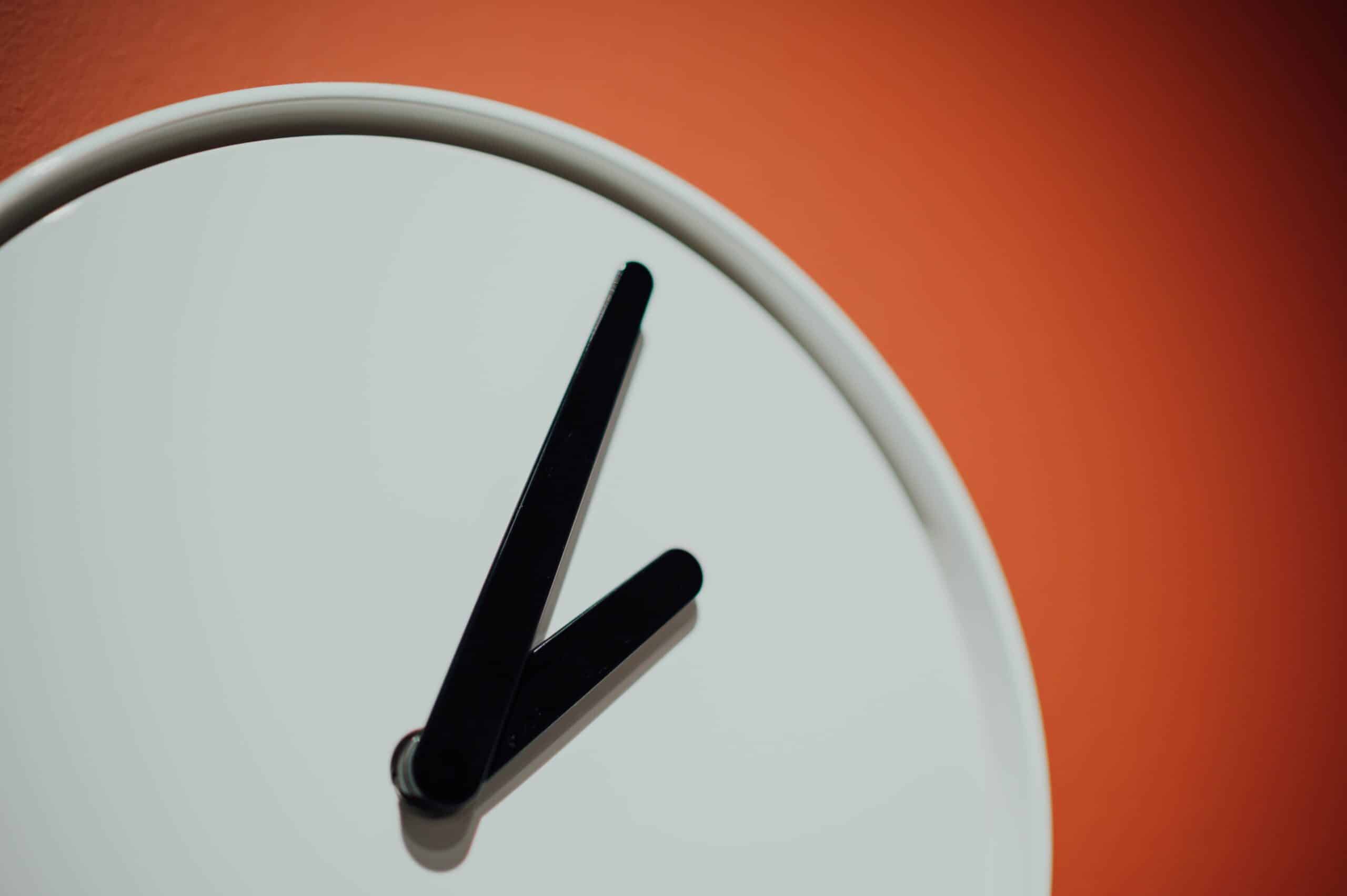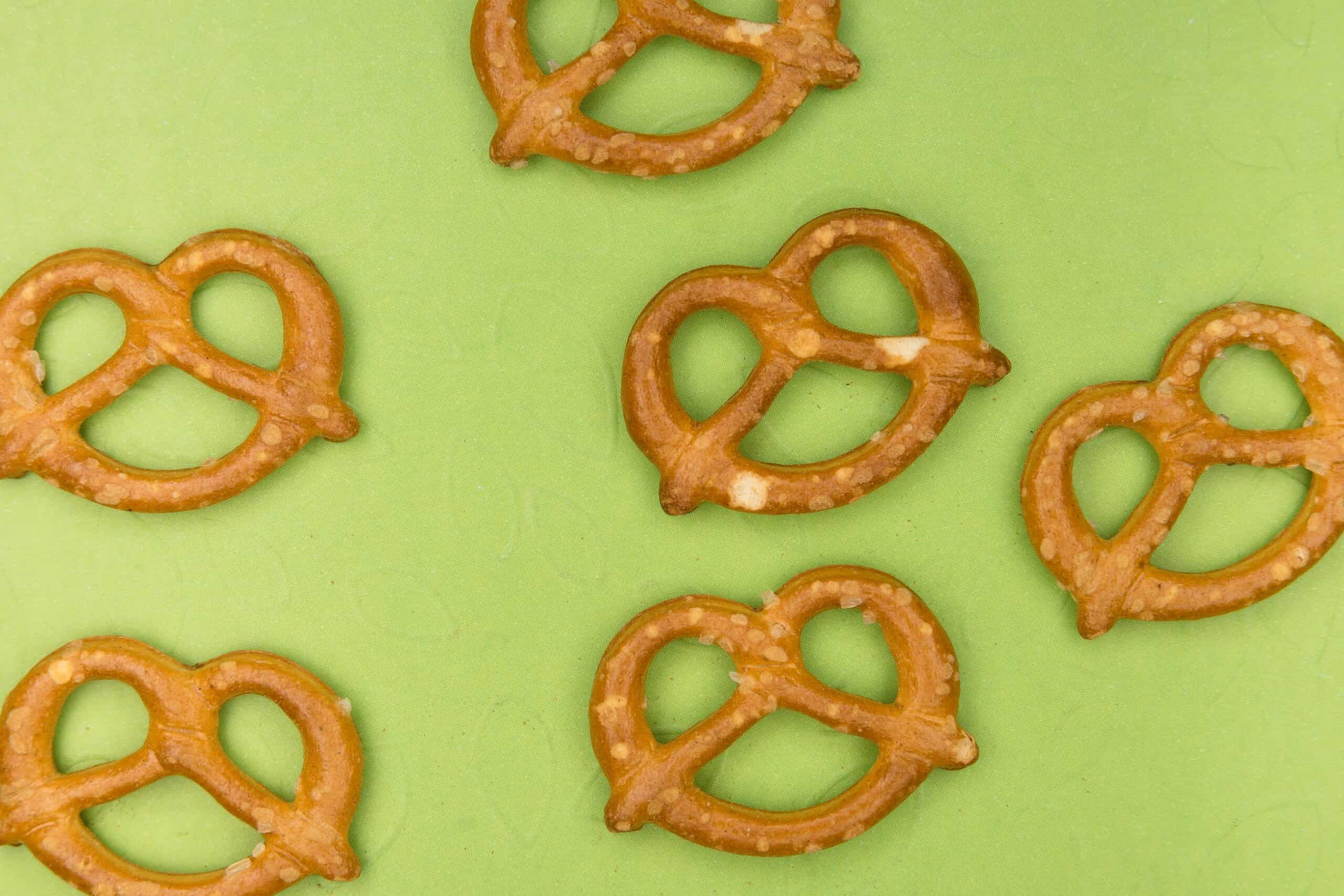Unlike Halloween and special events that come yearly, every 24 hours brings with it nighttime… and an opportunity to struggle with craving food and nighttime snacking. A daily cycle can develop where people wake up, relieved that it’s a new day, determined to eat differently. But as soon as dinner is over, and there is time to sit on the couch to relax, the desire for late-night snacking kicks in. Add on fatigue to make managing food cravings and mindless eating feel impossible to overcome. Nighttime can be so hard!
**This post is the 6th in a series written by Dr. Lynn Stiff and Dr. Melissa Welby aimed at giving people healthy tools to improve their overall health: both for their body and their mind**
Managing food cravings: A common pattern
- Wake up in the morning relieved it’s a new day determined to do it differently.
- Restrict intake to “make-up” for the “extra” calories eaten the prior night. Attempt to only eat healthy foods.
- Cravings kick in as soon as dinner is over, chores are done, and there is down time to relax.
Here is where it gets tricky when craving food:
“Is what I’m feeling actually hunger, or is it something else?”
1. Are you craving food because your body is hungry? Sometimes, hunger finally catches up after a day of restricted food intake.
2. Other times, the food craving isn’t hunger but a coping strategy to guard against boredom, loneliness, and pretty much any other feeling that may surface when there is quiet time.
How the nighttime snacking battle often plays out:
You feel ashamed that you are hungry. You want to stick to the damn diet and know you can’t eat a snack right now. You feel hungrier by the minute and horrible that you can’t eat. You swing back and forth – one minute you are feeling empowered and confident that you can stick to this diet and have willpower. The next minute you are feeling ashamed and weak because the hunger might overtake you. You may “cave” and go to the kitchen, eating way more than you needed. Or you may sit and suffer.
Either way, you end up feeling worse about yourself.
As much as possible, it is important to recognize the source of the craving and then make your OWN choice about how you’ll proceed. When you do this you are the one in control.
- Am I thirsty or hungry?
- Or am I tired, bored, and stressed?
- How am I feeling right now?
Part of the goal is to be mindful instead of reacting to habit or negative coping strategies. If you decide you are hungry and want to eat, then go for it! But, if at any point in the process above you realize you are eating for a reason besides hunger, try to set the snack aside and think if eating is what you want to do at that moment. This is a good time to re-visit Dr. Welby’s worksheet on alternative coping strategies!
If the shame can be managed, it may be easier to stop mid-cycle instead of saying: “Well, I’m already this far, I’ll just keep going.” If shame is prevented from taking over, it can’t drive the angry, punishing cycle of over-eating.
How to incorporate mindfulness into late-night snacking:
1. Grab some water (because let’s be honest, we’re all not drinking enough water) but tell yourself that if you are hungry, it is OK. Your body knows better than you how much you need to eat in a day.
2. Think about a healthful snack you could prepare if you are hungry. Try to give yourself 15 minutes to better assess if the hunger is real.
3. If it’s real, go to the kitchen (without shame or self-judgment) and prepare your snack.
4. Turn off all distractions and sit with yourself. Eat your snack without distractions while sitting at a table and ENJOY it.
Practice the tools that will help you. Download Dr. Stiff’s (free) Mindful and Intuitive Eating Workbook
Access the entire series of posts here.
Do you find yourself in this situation each night?
How do you manage food cravings when they come up?
What steps can you take today to move towards more mindful eating?
What is your biggest pain point with mindful eating?
Leave your thoughts and comments below!
Lynn Stiff, MD, RD, MS is a board-certified family medicine physician and registered dietitian focused on helping others proactively achieve health and wellness. Through her years of practice, she has come to realize that nutrition is not just "calories in equal calories out" and that many simplistic weight-loss strategies cause more harm than good. She is passionate about helping women reject diet culture and learn to love themselves in their own skin, empowering women to dig deep inside and reframe the way they see food, exercise, themselves, and the world in which they live. She is an advocate for intuitive, mindful eating and helping women focus on their value and purpose without regard to the numbers on the scale. Her company is Nutrition Health Life, LLC.





